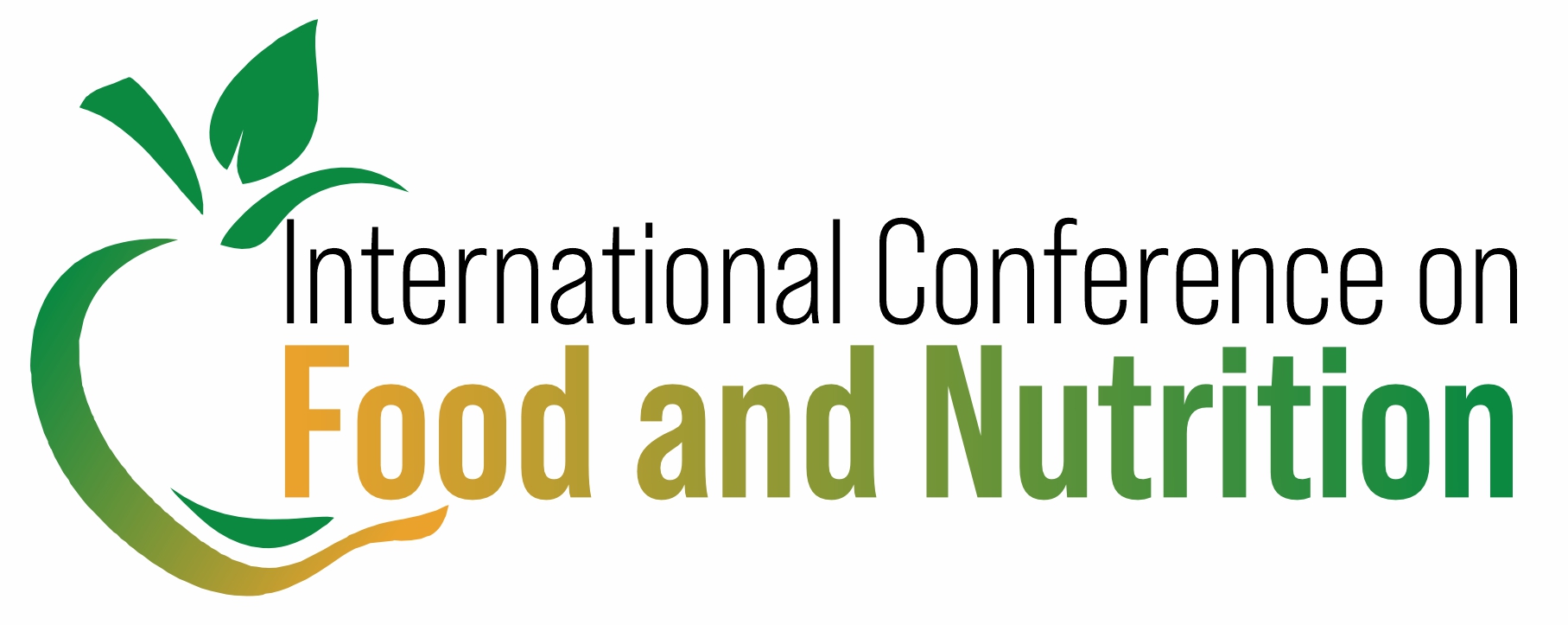- Phone
+1 (815) 859-9409
- Mail to
[email protected]
Traditional Medicine, Dietary Patterns And Health
Session Overview

Goal 3: Good Health and Well-being
Ensure healthy lives and promote well-being for all at all ages through accessible healthcare and preventive measures. Improve health systems and access to quality services to enhance overall well-being.

Goal 10 : Reduced Inequalities
Reduce inequality within and among countries by promoting inclusive economic, social, and political systems. Ensure equal opportunities for all individuals, regardless of their background or status.
Who Can Join
Tracks
Topics of Interest for Submission include, but are not limited to:
1 Ayurveda and food as medicine
2 Indigenous medicinal plants and herbs
3 Fermented foods for gut health
4 Culinary herbs and their health benefits
5 Integrative approaches to health and nutrition
6 Mindful eating practices
7 Holistic wellness and culinary traditions
8 Mediterranean, Japanese,Nordic,Okinawan diet
9 Blue Zones and lifestyle factors
10 Plant-forward diets and disease prevention
11 Ketogenic diet, Gluten-free, Low-carb diets
12 Intermittent fasting and metabolic health.
13 Veganism: Plant Based Food
14 Fermentation Technology
15 Probiotics & Prebiotics
Key Themes:
- Exploring cutting-edge technologies that revolutionize culinary practices, enhance food production efficiency, and offer innovative gastronomic experiences.
- Addressing strategies to tackle hunger, food scarcity, and equitable food distribution in the context of growing global populations and resource constraints.
- Highlighting advancements in food safety protocols, contamination prevention, and hygiene practices to ensure healthier consumption.
- Investigating the integration of traditional diets and medicinal foods into modern nutritional science for enhanced well-being.
- Emphasizing the role of diverse dietary habits and cultural influences in shaping sustainable and inclusive nutrition systems.
- Advocating for sustainable farming techniques, eco-friendly food production systems, and technological interventions in agriculture.
- Exploring adaptive strategies for food systems to withstand and mitigate the impacts of climate change.
- Discussing the potential of plant-based, lab-grown, and other alternative proteins as sustainable solutions for future food needs.
- Promoting awareness, policy-making, and advocacy efforts for better public nutrition and health outcomes globally.






